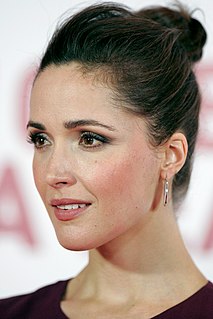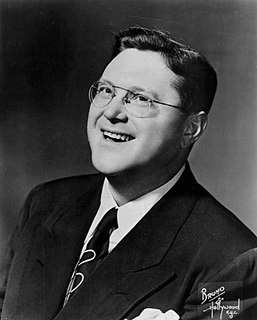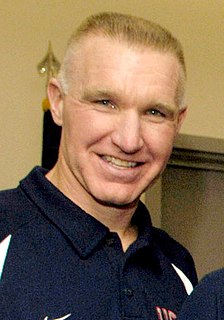A Quote by Jeffrey Kluger
Older siblings get more total-immersion mentoring with their parents before younger siblings come along. As a result, they get an IQ and linguistic advantage because they are the exclusive focus of their parents' attention.
Related Quotes
Certainly, people can get along without siblings. Single children do, and there are people who have irreparably estranged relationships with their siblings who live full and satisfying lives, but to have siblings and not make the most of that resource is squandering one of the greatest interpersonal resources you'll ever have.
No one has found a gene for IQ. "Heritability" means that identicial twins are more similar than fraternal twins, right? Fraternal twins more similar than non-siblings. The heritability is 50 percent if your parents went to college. But if your parents never graduated high school the heritability is zero. Zero.
Rather than accepting the drifting separation of the generations, we might begin to define a more complex and interesting set of life stages and parenting passages, each emphasizing the connections to the generations ahead and behind. As I grow older, for example, I might first see my role as a parent in need of older, mentoring parents, and then become a mentoring parent myself. When I become a grandparent, I might expect to seek out older mentoring grandparents, and then later become a mentoring grandparent.




































